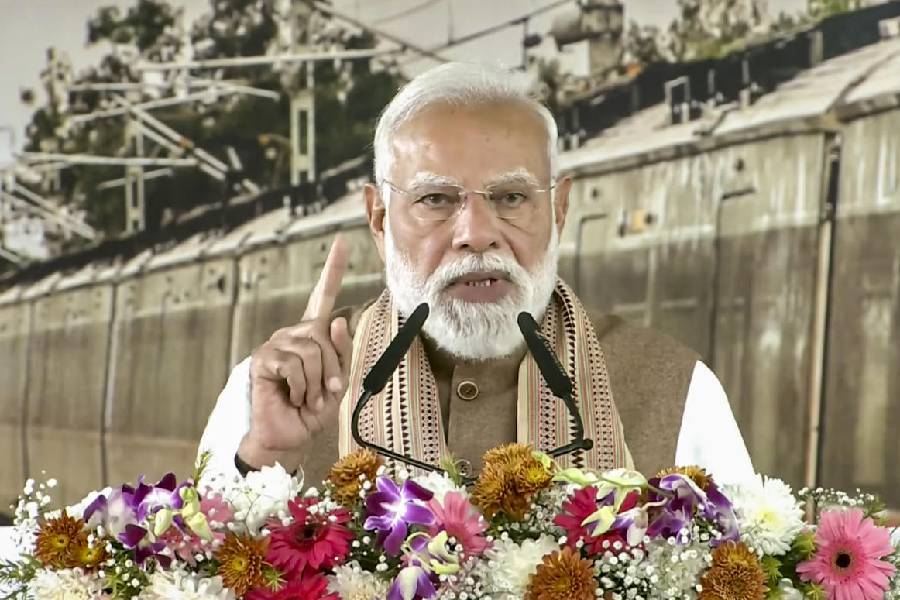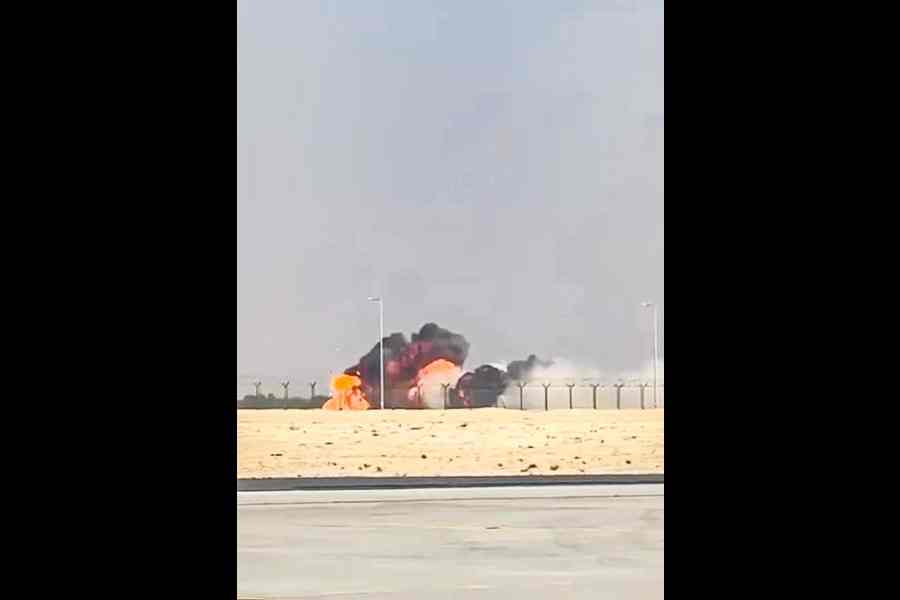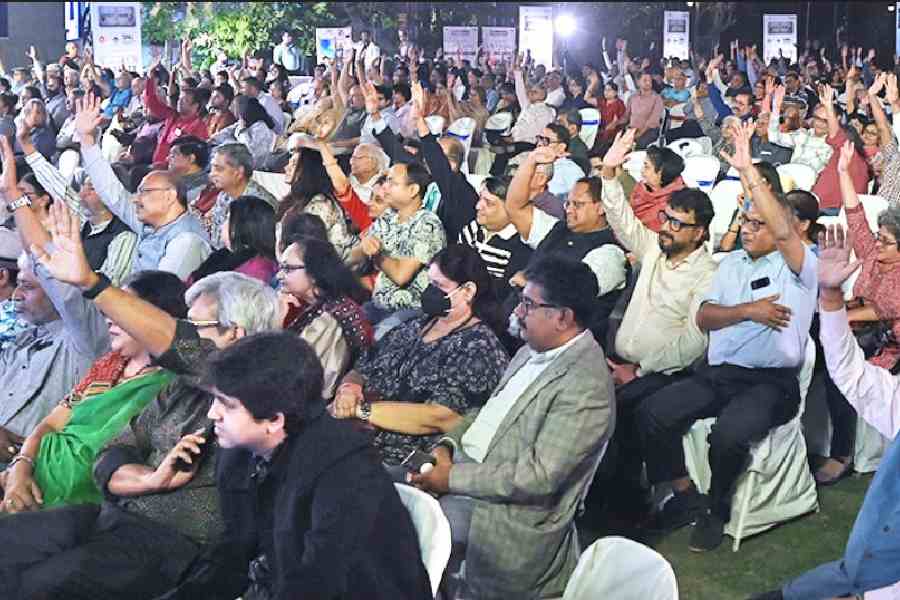It was visualised as a planned township. When the Bihar State Housing Board began planning its Harmu complex nearly 30 years ago, the plots were being offered for a few thousand rupees and single-storied houses with three bedrooms were available for less than a lakh. But then it required a brave heart to opt for a house at Harmu those days because the landscape was bleak, with bodies being cremated on the river bank and little or no power supply.
The well-heeled opted for plots and built their own houses. Others, who could not afford to have plots or a house in the posh Ashoknagar locality, settled for flats. The houses were not very well-planned; nor were they constructed well. The housing board also took its own time to provide water and power connections; the alluring parks and shopping complexes promised in the brochures remain promises on paper. The promise of a direct road link to the Main Road has also not been honoured. But people in these parts are patient and do not believe in taking the housing board to court.
Three decades down the line though, the housing complex shows signs of re-inventing itself. It has become a respectable address in the state capital, with a large number of professionals and senior government servants opting for the reasonably priced houses. The roads look better with the VIP Road skirting through it. The open spaces are still there, retaining possibilities of development. The original inhabitants have now been pushed to a corner, known as Tungri Tola, while people mostly from “Ganga Paar” have taken it over. Sukumar Nath Jha (a resident of 2K-10) recalls having seen wild animals frequenting the area. “I never saw a tiger but remember an old milkman narrating tales of wild beasts coming from the jungles in Pandra in search of prey. The beasts used to feed on stray cattle,” Jha said. Bishvanath Singh (73), an advocate recalls that a solitary bus, “Agarwal Bus Service”, was the only transport available to residents, forcing people to opt for private vehicles. Auto-rickshaws have now pushed the bus service out of circulation.
“The colony was peaceful in the beginning. Long queues would form for milk in the morning and milk would be dispensed from large containers. They have now been replaced by bottles and packets,” Jha reminisced. The first telephone connection was given to a journalist, the then correspondent of The Statesman in Ranchi, Deoki Nandan Singh. The exercise generated much excitement and residents thronged Deoki babu’s house to take a look at the instrument, claims Jha.
All that has changed with Harmu Housing Colony (why don’t they give it a name, even if it is to be Chitragupt Nagar or Model Town ?) poised for a big leap forward. Better planning can salvage the complex still and make it into an even more desirable destination. (Watch out for more on Harmu tomorrow).
(Are you a resident of Harmu? And do you have suggestions to improve the locality ? Write to us or call us this week.)










